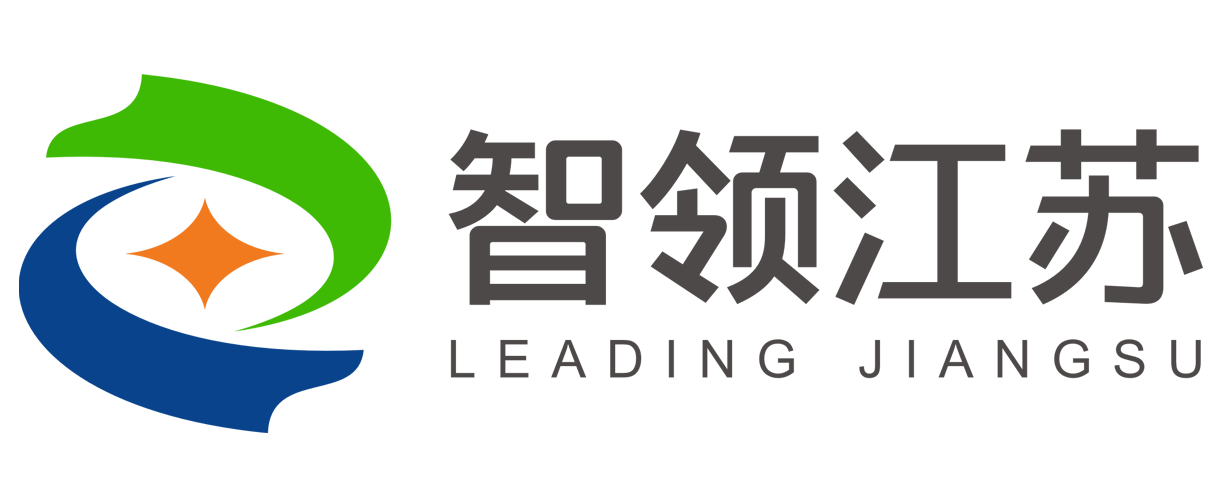资源介绍

The objective of FDA regulatory programs is to assure compliance with the Federal Food, Drug, and Cosmetic Act (the Act). Specific enforcement activities include actions to correct and prevent violations, remove violative products or goods from the market, and punish offenders. The type of enforcement activity FDA uses will depend on the nature of the violation. The range of enforcement activities include issuing a letter notifying the individual or firm of a violation and requesting correction, to criminal prosecution of the individual or firm. Adulteration or misbranding is usually the result of an individual failing to take steps to assure compliance with the law. Such an individual may be liable for a violation of the Act and, if found guilty, be subject to the penalties specified by the law. Acknowledgements This dataset was kindly made available by the United States Food and Drug Administration. You can find [the most current version of the dataset here][1]. Inspiration - All but two out of every thousand drug enforcement actions were voluntary recalls. Does this hold for food and medical devices as well? Was there anything special about the non-voluntary enforcement actions that leads the industry to largely self-police? [1]: https://open.fda.gov/downloads/
END






